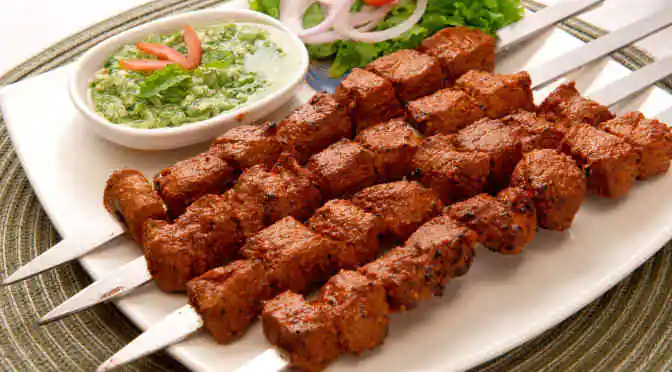Over the past few years, the term halal has emerged to comprise a range of hygienic and high-quality meat products, food and ingredients, along with personal care, cosmetics, and leather goods. Halal is an Arabic term meaning permissible or lawful, its contradictory is haram, that signifies unlawful or prohibited. These expressions govern the daily activities and lifestyle of Muslims including food, clothing, cosmetics, banking, and travel.
Considering the fact that halal food is recognized for their safety, hygiene, and ethical quality, people from all the social, ethical, and religious backgrounds are showing interest towards halal food.
The halal certification: Result of compelled obligations
The vendors in global halal food market are certified by Halal certification organizations; these organizations operate under the Sharia law (rules and principles that a Muslim is required to follow). The guiding principle on halal food extends to the slaughter of animals, food ingredients, processed food products and enforce fair treatment of animals, organic nature of foods, and environment friendliness.
Technavio analysts forecast the global halal food market to record an impressive CAGR over the next five years owing to the rising cognizance of halal food throughout the world.
The future direction of halal: Challenges on its way
The halal food is popular in many countries. However, each country has different halal standards and certification bodies resulting in a lack of uniformity. These circumstances craft a major struggle for vendors in this industry to operate in the international market. Along with this, the lack of transparency by certifiers and the fragmented marketplace is likely to pose difficulty and uncertainty for companies in obtaining certificates.
In order to avoid mistakes like inappropriate labeling and improper testing of the products, retailers are supposed to follow certain obligations. Firstly, stores selling halal food must have appropriate window signs indicating that halal and non-halal foods are sold at the place. Along with this, retailers are compelled to maintain an apt record of the sales of halal food and submit a report to local certification department.
There are many instances worldwide demonstrating the intolerance towards the religious practices like halal and. Many regions in the world have banned the slaughtering of animals. In addition to that, there have been extensive protests in contradiction of halal and kosher foods at all times that has affected the market by means of spreading negative views about the slaughter practices. These situations act as a deterrent to the growth of halal food market and restrict the vendors regarding expanding the market.
Technavio’s expert solutions
The halal food market is bound to several restrictions and challenges that are extremely important for the vendors to understand and overcome.
The expert analysts at Technavio have conducted a comprehensive study on the Global Halal Food Market to provide the firms in the industry with in-depth market insights. The study includes a detailed analysis on the vendor landscape, along with key trends, drivers, challenges and other significant aspects to aid companies in the industry.



